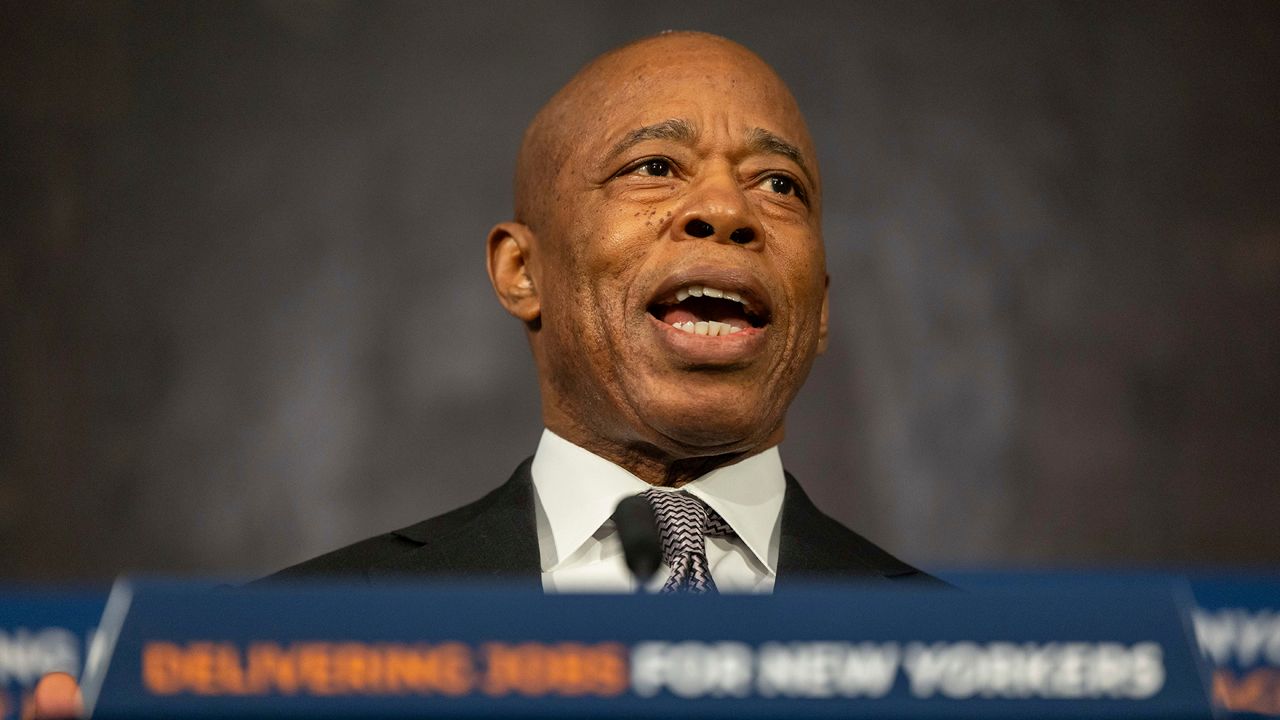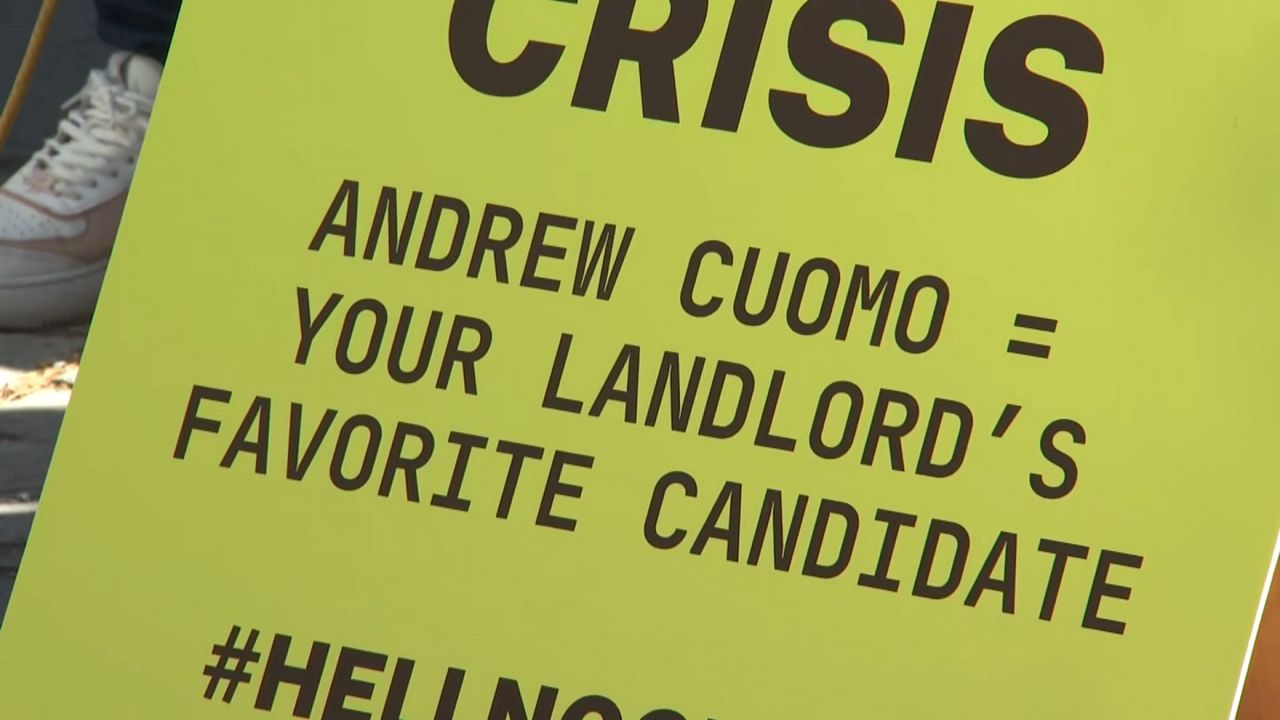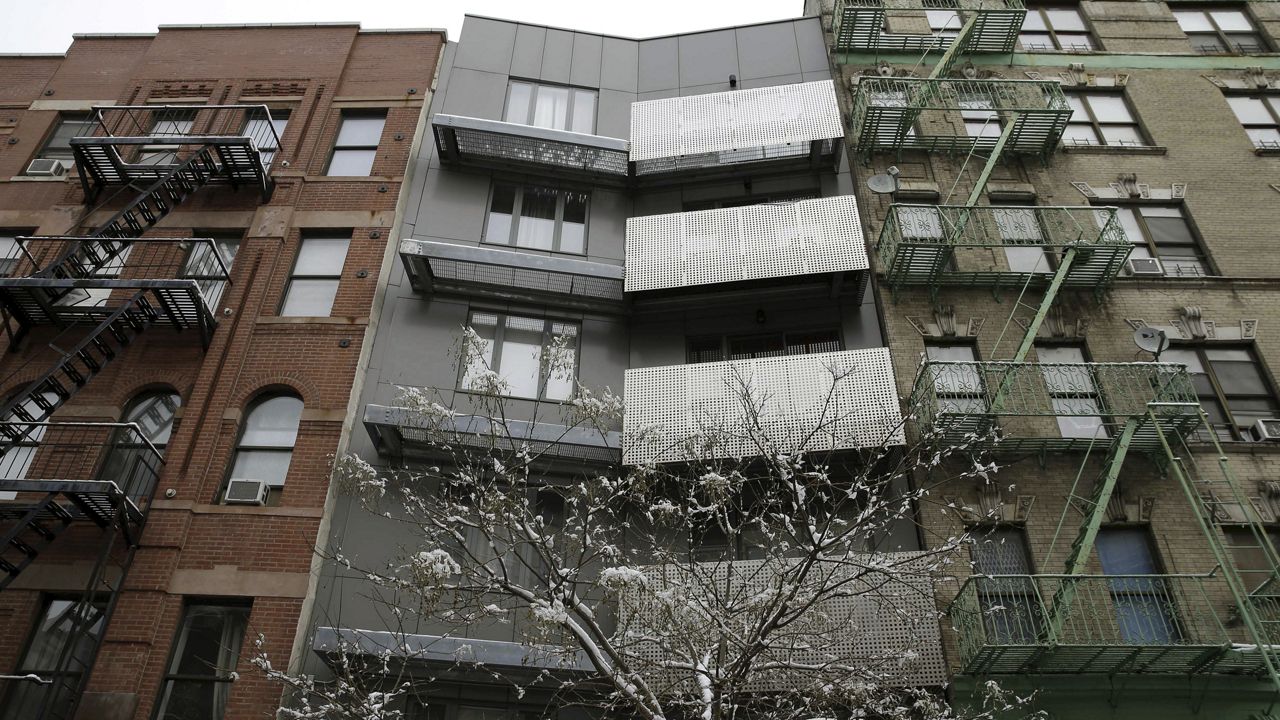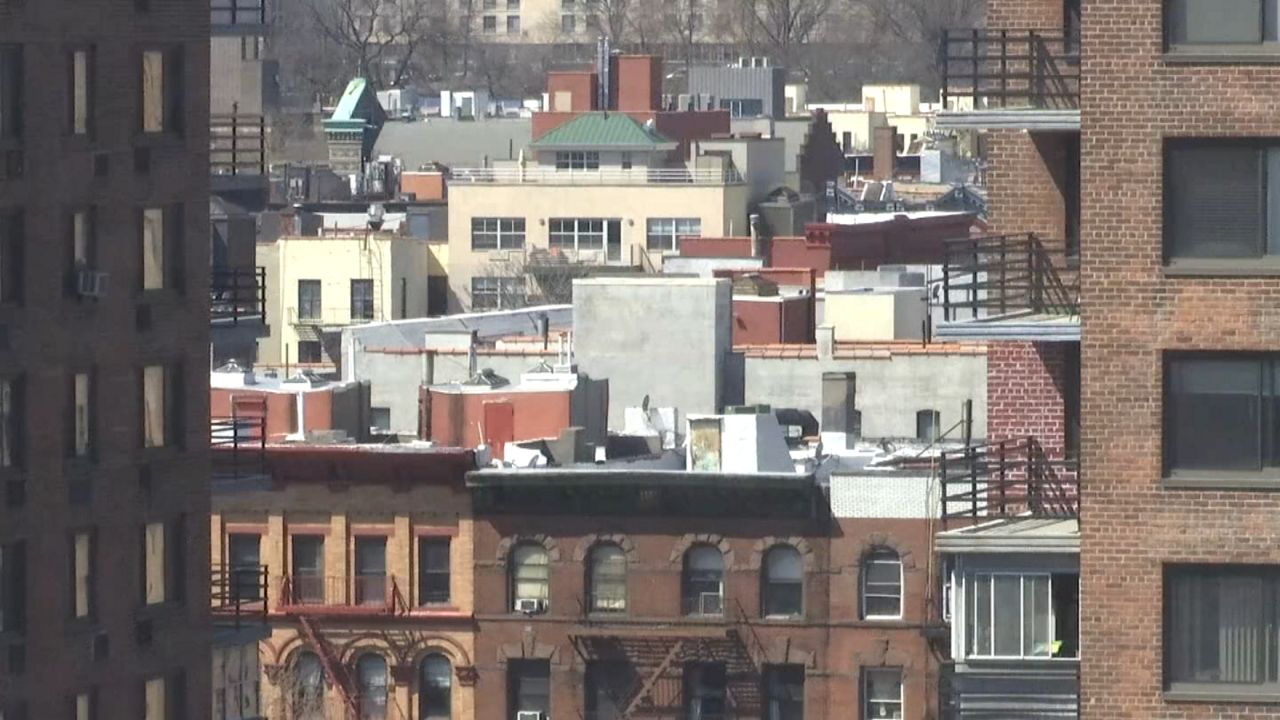A City Council committee and a City Council subcommittee on Thursday approved Mayor Eric Adams’ “City of Yes for Housing Opportunity” proposal – with some changes after hours of negotiations.
The Council’s Committee on Land Use and Subcommittee on Zoning and Franchises signed off on the plan on Thursday.
“Thanks to our shared commitment in building critically-needed housing, we have reached an agreement on a historic plan that could open the doors to a little more housing in every neighborhood in our city — with no borough, block, or backyard left behind. If passed, New York City will, once again, serve as a model to the nation on government’s infinite ability to take challenges head-on, set forth a bold agenda, and get the job done,” Adams wrote in a statement.
As part of the modified plan, the number of potential new units will be reduced from approximately 108,000 to approximately 80,000.
The proposal approved Thursday includes $5 billion of funding towards affordable housing and infrastructure projects – including, according to a city press release, $1 billion from Gov. Kathy Hochul toward “housing capital” over five years, pending approval of the state budget.
“New York has a housing affordability crisis and there's only one way out: build more housing,” Gov. Kathy Hochul wrote in a statement.
“Now we're adding a $1 billion state commitment to support affordable housing in New York City,” Hochul’s statement goes on to read. “We need all hands on deck to build more housing and make New York more affordable for all of us.”
Other modifications include a tiered system for parking mandates, limits to new units in flood zones and deeper affordable housing requirements.
Supporters of the plan say it will chip away at the city’s affordability crisis.
In months leading up to the vote, local lawmakers held several meetings questioning the plan. At a City Council hearing last month, some Council members and local residents said the plan lacked community input and did not address district-specific issues.
The proposal now heads to the Department of City Planning for a vote. If approved, it will then move to the full City Council for a vote.




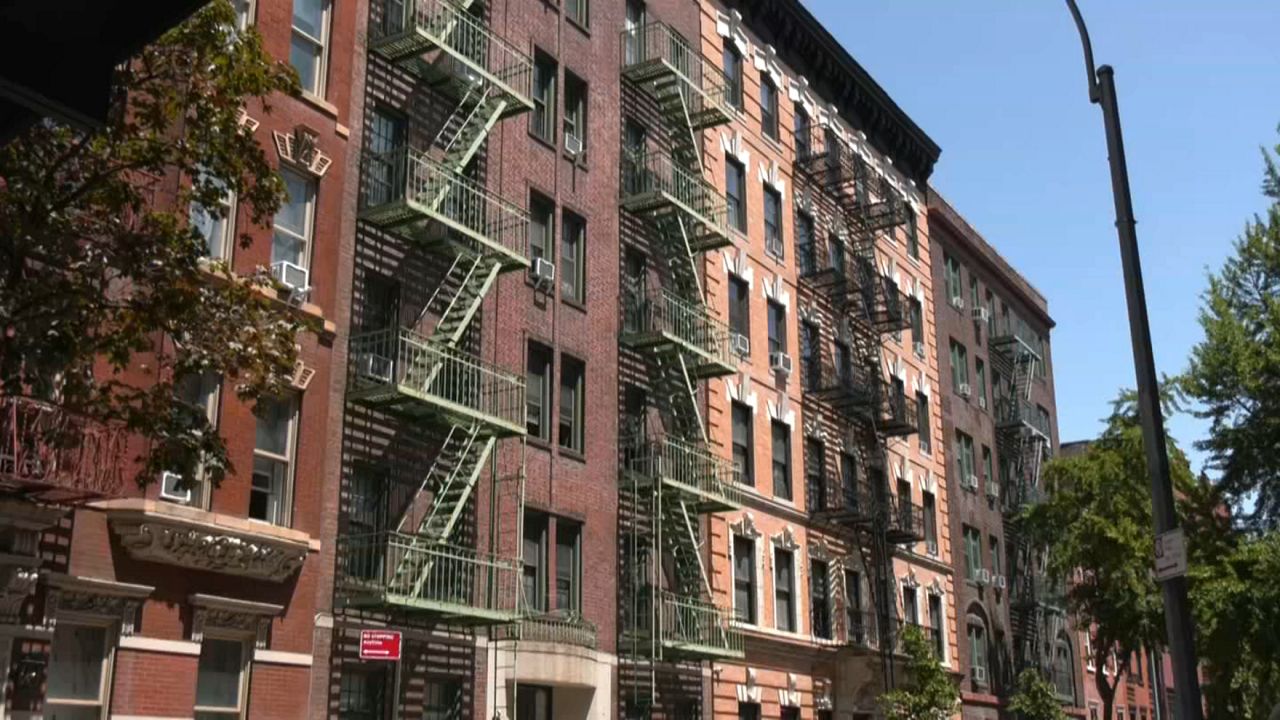
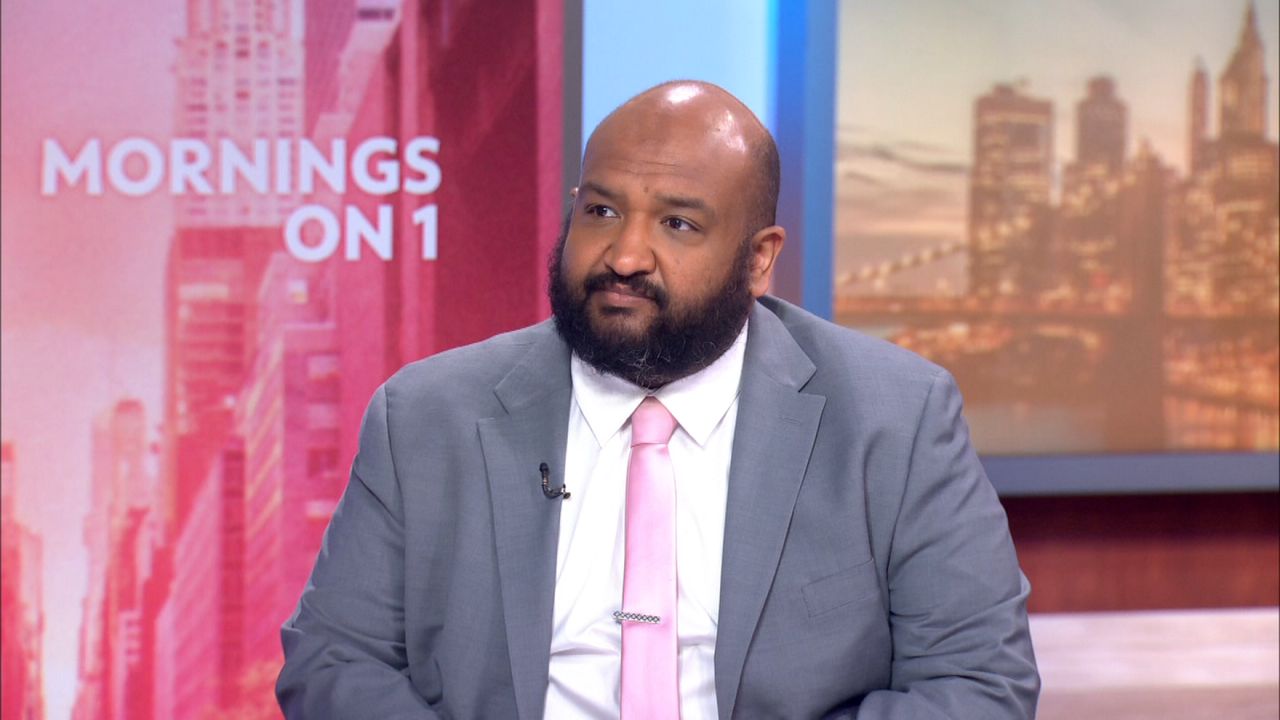
_PKG_Hudson_Yards_Zoning_Hearing_CG)
